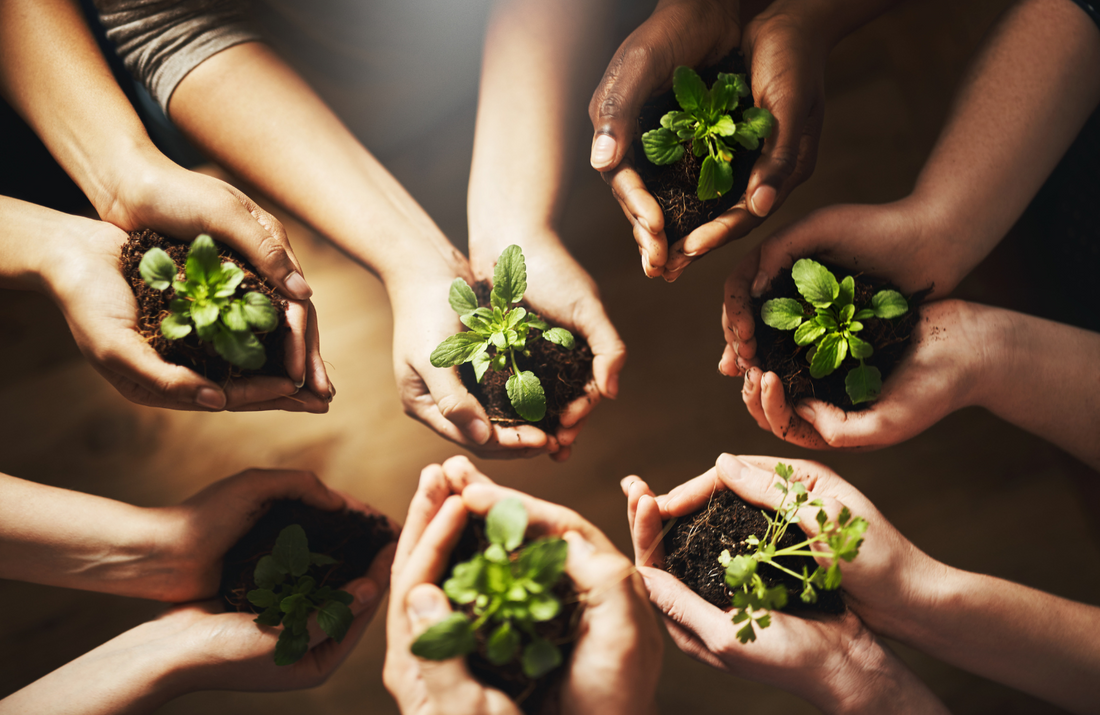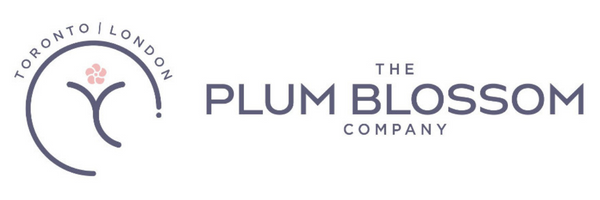
Sustainable textiles matter
Share
If you're wondering why your choices when buying your next bedsheet set, towel set, or bathrobe matter, read on!
The bad
According to McKinsey, the fashion industry has contributed significantly to climate change and biodiversity loss. Hence, the sustainability efforts of the industry - and of the broader textile industry - are critical to the health of our planet.
McKinsey's analysis shows that the fashion industry emits a similar amount of greenhouse gases as France, Germany, and the United Kingdom combined. In fact, it will need to cut its emissions by about 50% by 2030 - that's just 7 years away - or it will exceed the 1.5 degree pathway to mitigate climate change, as defined by the IPCC (Intergovernmental Panel on Climate Change) and agreed to in the 2015 Paris agreement by 194 countries from around the world.
Hence, it's clear that we must move our textiles base towards greater sustainability.
The good
People are really starting to care.
- A recent survey by McKinsey in the US showed that 80% of consumers said sustainability was an important factor when selecting a fashion brand to shop from
- Stronger evidence: a similar survey conducted by McKinsey in the UK suggested that 25% of consumers said their purchase decisions are in fact now driven by sustainability. Further, though there are some variances, generally speaking this behaviour is found in men and women from a broad age range
So what?
According to McKinsey, a whopping 70% of the climate impact across the fashion lifecycle is created in material and end product production.
This means that by choosing sustainably produced textile products, you can contribute towards lowering that impact where it has the most bang for buck.
All our our products at The Plum Blossom Company are GOTS certified. By choosing our products, you can make a difference too.
Sources:
https://www.mckinsey.com/featured-insights/the-next-normal/fashion
https://www.mckinsey.com/industries/retail/our-insights/state-of-fashion
